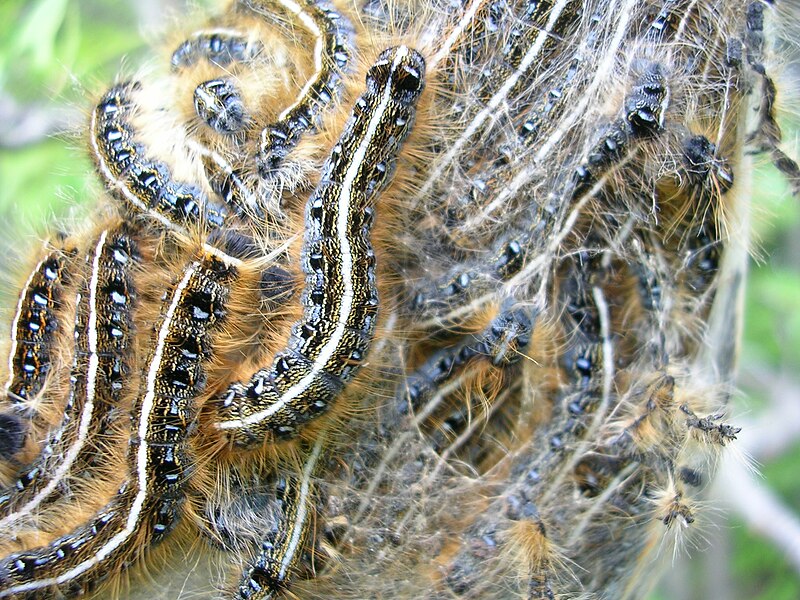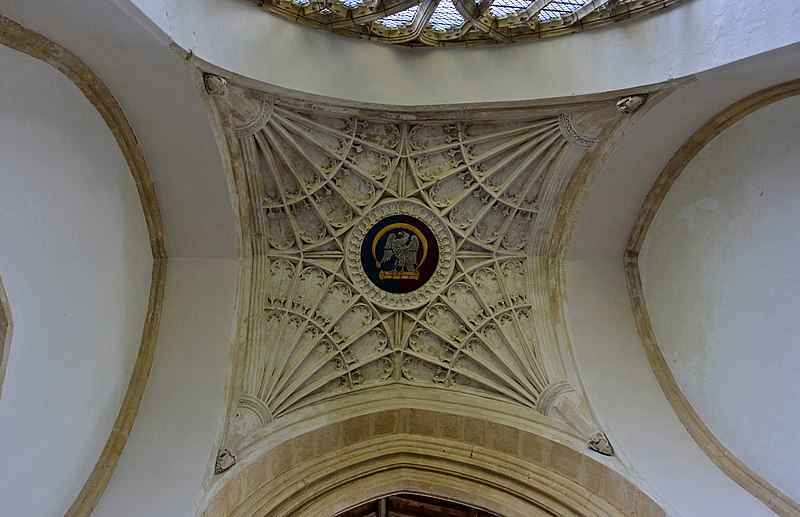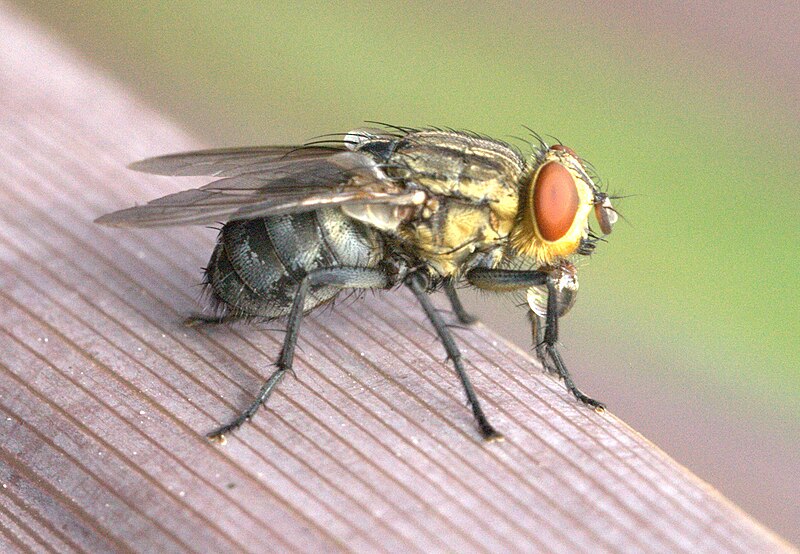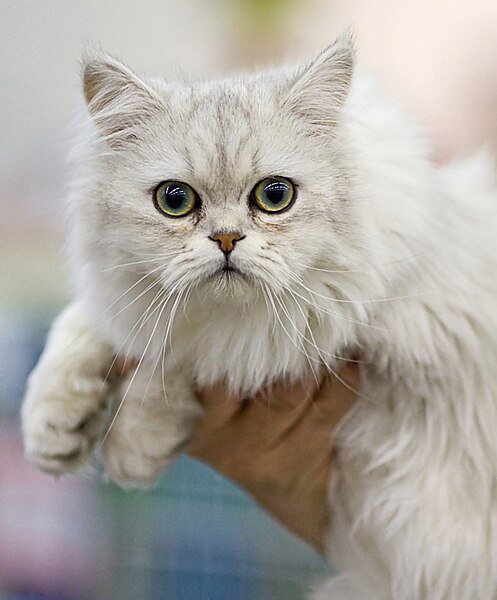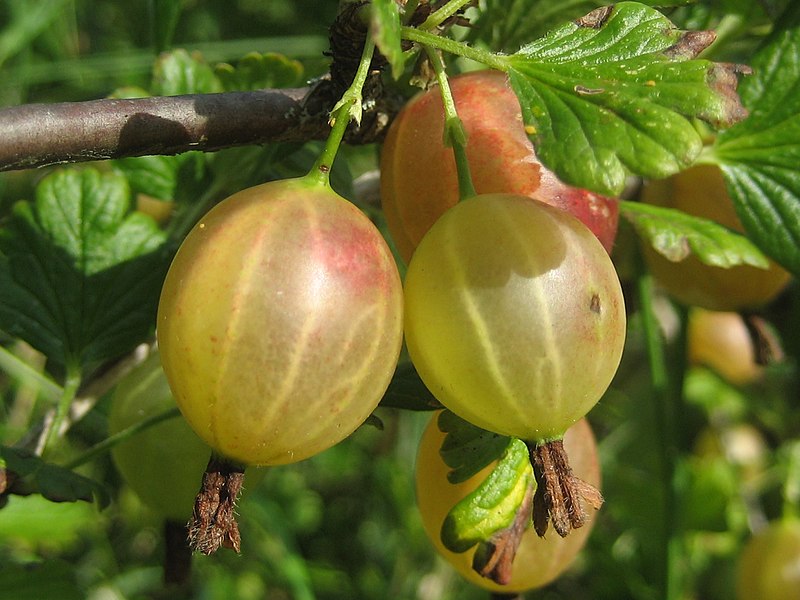And I hate to tell you this, but in Britain there are lollipop ladies, too, as well as men: loads of them, all over the place.
You won't see them for most of the day, but you'll find them loitering around school gates when the children are arriving at and leaving school.
Why are they called lollipop mean and women? Because they each carry a massive brightly-coloured lollipop. It might even be taller than they are.
And what do the children think? Do they have the wit to scream and run?
Nope. They're as helpless as Hansel and Gretel at the witch's house. The lollipop men and women herd the poor things together, order them to stand still, and stand over them until...

photo by Arriva436
...it's safe to cross the road.
Word To Use Today: lollipop man. The word lollipop is rather puzzling. To loll means to dangle, especially to dangle the tongue, and pop means (in Britain, where the term lollipop seems to have originated) to go somewhere close by for some trivial reason, or to put something down lightly. What shall I do with the eggs? Just pop them on the table.
Then there are some who argue that the word is Romany. The Roma have long sold apples stuck on sticks, and loli phaba means red apple in Romany.
What we do know is that the word lollipop seems to have originated in the late 1700s, when it described a sort of sweetmeat consisting of sugar and treacle with a bit of flour and butter mixed in. This would have been soft, and not the sort of thing you would stick on a stick. Lollipops weren't stuck on sticks until the 1920s.

